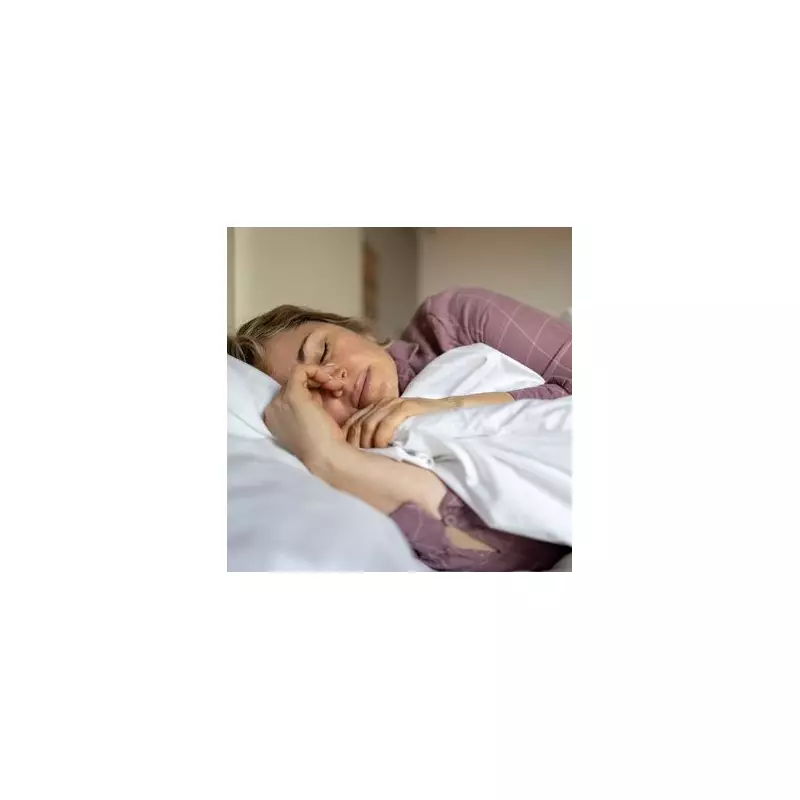
Feeling overwhelmed, anxious, or constantly on edge? A leading medical expert has revealed an astonishingly simple breathing technique that can calm your nervous system in just moments – and it's completely free.
Dr Rangan Chatterjee, an NHS GP and renowned author, has shared what he calls a "remarkable" method for instant stress relief that anyone can practice anywhere, without any special equipment or training.
The Powerful 'Physiological Sigh'
This revolutionary technique isn't some new-age fad – it's grounded in solid neuroscience and our body's own biological mechanisms. Known as the "physiological sigh," this breathing pattern occurs naturally in humans and animals during sleep to reset breathing patterns and prevent lung collapse.
"It's probably the fastest hardwired way to calm yourself down," explains Dr Chatterjee, highlighting its immediate impact on your emotional state.
How To Perform The Miracle Breathing Technique
The method is beautifully simple:
- Take a double inhalation through your nose – first a long breath in, followed immediately by another shorter sniff to fully expand your lungs
- Follow this with a long, slow exhale through your mouth
- Repeat this pattern just two to three times
That's all it takes. In under 60 seconds, this technique can dramatically reduce stress levels and bring a sense of immediate calm.
Why This Technique Works So Well
The magic lies in how this specific breathing pattern affects your nervous system. The double inhalation helps fully inflate the lungs' tiny air sacs (alveoli), improving oxygen uptake, while the extended exhalation activates the parasympathetic nervous system – your body's natural relaxation response.
Neuroscientist Dr Andrew Huberman of Stanford University confirms this isn't just anecdotal: "The physiological sigh is the fastest way to calm down in real time that we know of."
A Tool For Modern Life
In today's fast-paced world, where stress levels are soaring and mental health challenges are increasing, having accessible, immediate techniques is more valuable than ever. This method requires no apps, no subscriptions, and no special environment – you can use it discreetly during a stressful work meeting, before an important conversation, or when anxiety strikes unexpectedly.
Dr Chatterjee emphasizes the technique's versatility: "You can be doing it on the Tube, you can be doing it at your desk, you can be doing it in the middle of a difficult conversation."
With mental health awareness at an all-time high and the NHS under increasing pressure, such simple, effective self-help techniques could provide vital relief for millions struggling with daily stress and anxiety.





